German cities host major protests against soaring energy cost
Tens of thousands of protesters have taken to the streets in six German cities to demand a more just distribution of government funds amid an energy crisis across the European country.
On Saturday, about 24,000 people took part in the demonstrations in the capital Berlin, and the cities of Duesseldorf, Hannover, Stuttgart, Dresden and Frankfurt-am-Main. They carried signs bearing slogans about a host of issues ranging from lowering inflation to switching off nuclear power and more energy price subsidies for the poor.
Police said about 1,800 protesters gathered in Berlin alone.
"We want to show that we urgently need financial relief for citizens that is socially balanced,” said Andrea Kocsis, deputy chair of verdi, one of the unions organizing the protests. “The government is doing a lot but it is distributing funds with a watering can. People with lower income need more support than the wealthy.”
On Friday, German parliament approved the government's 200-billion-euro ($195 billion) rescue package which aims to protect companies and households from the impact of soaring energy prices. The package includes a one-off payment to cover one monthly gas bill for households and small- and medium-sized businesses as well as a mechanism to limit prices from March.
Germany is facing soaring energy and commodity prices, with inflation hitting its highest level in more than a quarter of a century at 10.9% in September.
Germany, along with other European Union countries, is scrambling to support homes and industries burdened by a further surge in energy prices.
Since the start of the war in Ukraine in late February, Germany has offered substantial support to Ukraine, sending it billions of dollars in military assistance and heavy weaponry. Russia, the party to the war, has in turn cut off gas supplies to Europe, causing a worsening energy crisis.
Berlin accuses the Kremlin of wielding energy as a weapon. Russia blames Western sanctions for the delay in necessary repairs to supply pipelines.
US pursues ‘neither war, nor peace’ strategy to sustain pressure on Iran: Ex-diplomat
VIDEO | Iranian family mourns father killed in foreign-backed violence
VIDEO | Pakistan observes Kashmir Solidarity Day
VIDEO | Cultural exhibition in India marks 47 years of Iran’s Islamic Revolution
VIDEO | Pakistan pushes indigenous defense industry as global buyers seek alternatives
VIDEO | Al-Shifa receives martyrs' bodies amid organ theft worries
VIDEO | Healthcare on the brink: Palestinian hospitals face shortage of medical supplies
Rights group accuses EU of complicity in Israeli genocide in Gaza


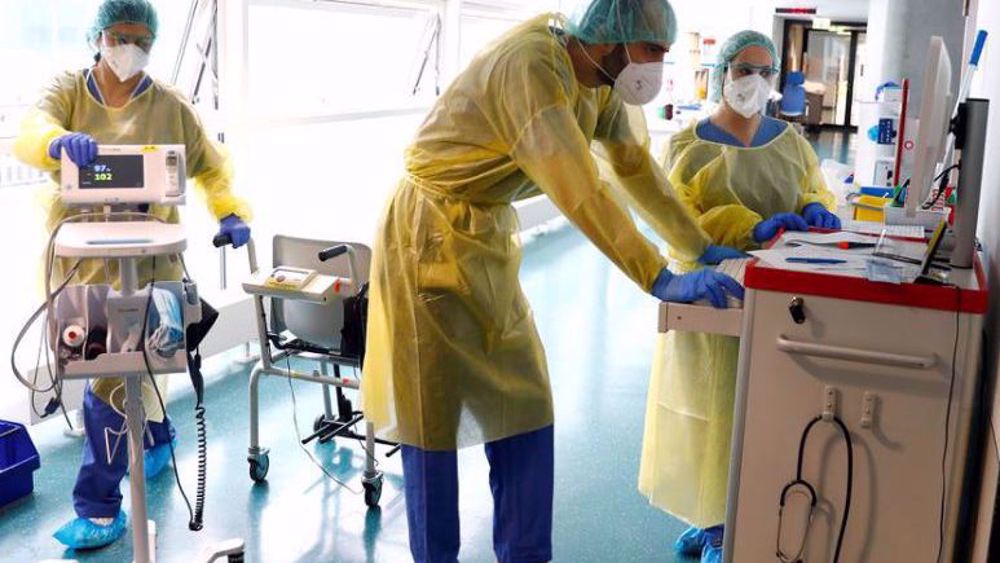
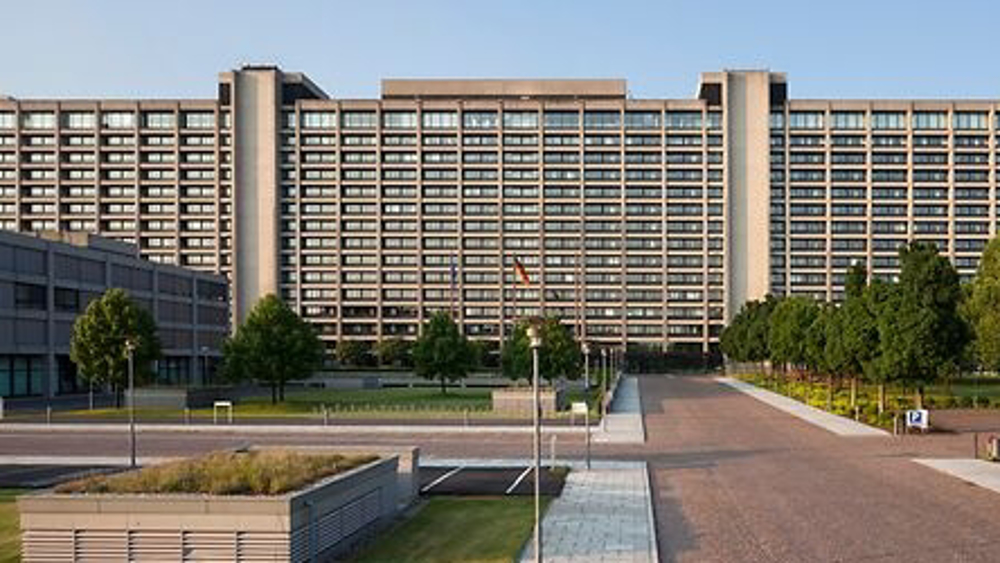
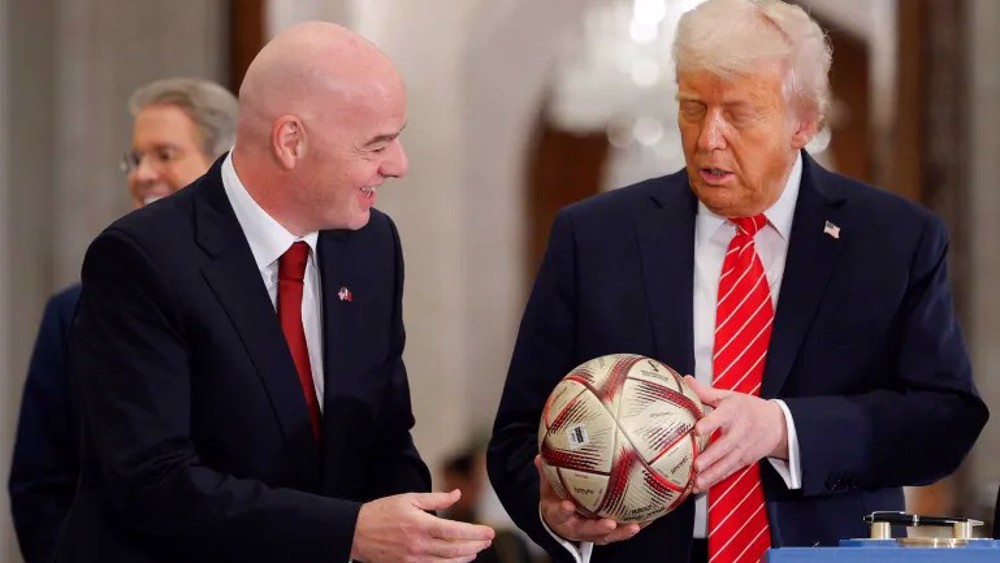
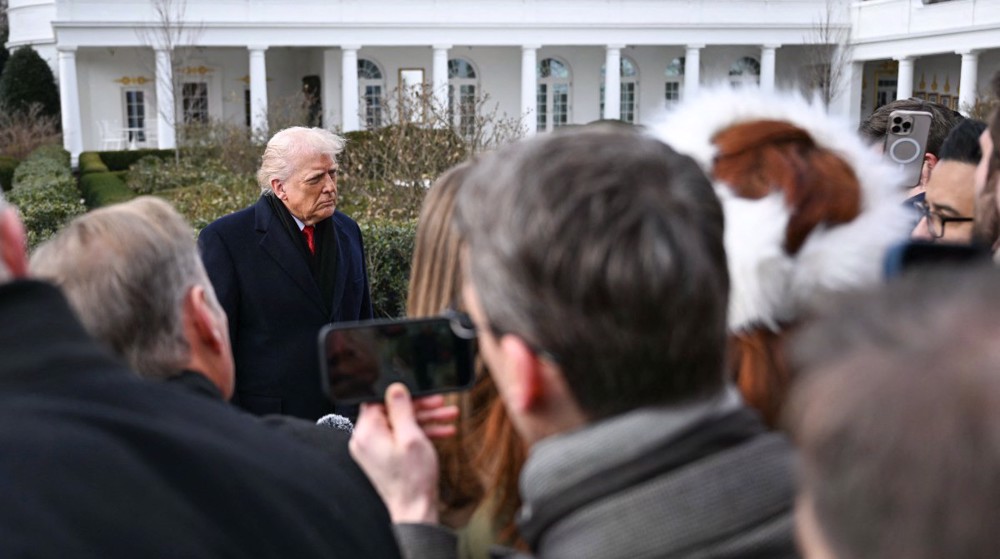



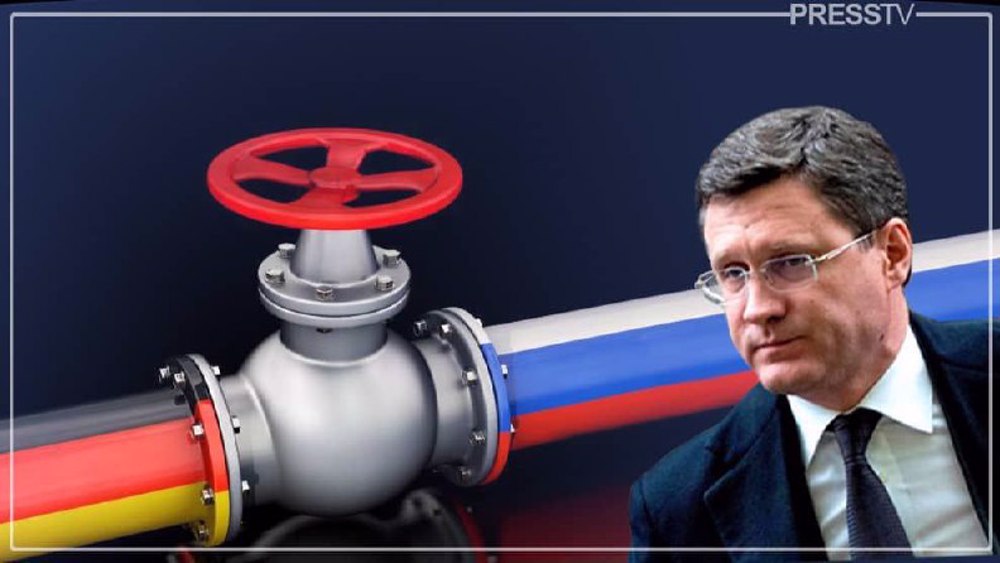

 This makes it easy to access the Press TV website
This makes it easy to access the Press TV website